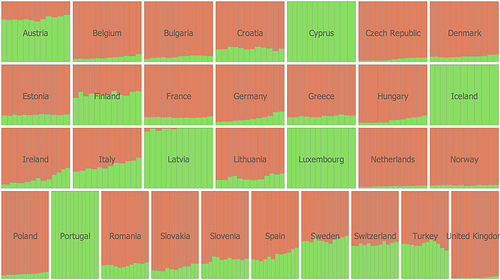Mark Charan Newton worries about the cult of science fiction and how this influences the debate on climate change:
There’s so little time to hold back anthropogenic climate change (assuming you accept the unequivocal science in the first place). Leave it too long, and it will be too late to bring back CO2 concentrations to the necessary levels, causing a huge variety of issues that I’ve gone on about many times before. Dreaming up science fiction, Big Ideas, will not address the actual problems of dumping huge amounts of greenhouses gasses into the atmosphere in the first place. Moreover, this SF is diverting attention, political and financial resources away from urgent action. What this also does is play right into the hands of corporate lobbyists who will use it as an argument to delay such urgent action even further, usually to the benefit of [insert polluting organisation here].
I do agree with Mark on his broader point, that it is pointless and counterproductive to look for a quick technofix as the solution to climate change, but worrying about the pernicious influence of science fiction in this is worrying about the tail wagging the dog. Yes, science fiction readers and writers alike are constitutionally more keen on technowizardry as the solution to all our woes than the normal run of the population, but we’re not the ones driving the debate. It’s the ExxonMobil and Philip Morris sponsored think thanks we have to worry about, these are the ones that are fueling the deniers.
In fact, what’s so disappointing about those science fiction writers who are in the denial camp is how much they follow the recieved wisdom there, rather than come up with original ideas of their own. See for example Mark’s criticism of Neal Asher’s ideas about climate change and it’s clear Asher has nothing new to add to the debate. It’s all hockey sticks, cherry picking and (deliberate) misunderstandings of what certain scientists mean with “tricks” in the context of statistical analysis. (I’m glad that Asher for the most part doesn’t feel the need to pollute his fiction with such long debunked nonsense. Love his fiction, don’t agree with his politics on climate change, don’t mind at all if these two are kept separate.)
So unlike Mark, I think most prominent climate change deniers in science fiction like Asher are followers rather than leaders, a symptom rather than the disease. We do need to worry about misplaced faith in technological solutions to climate change so that we don’t remain passive while waiting for a cost free, pain free solution, but science fiction is the wrong place to combat it.
